There was no way it could happen without involving dreams, but I've been banned dreams by my friends and family, banned them categorically, because, I'm told, they're bad for me, bad not only for my mental health, but also for my creativity, like when I obsessively put dreams or tedious concepts about dreams in my stories or crazy dream visions in my paintings or gradually falling asleep with non-programmatic music, such as symphonies and sonatas, sounding through my ear-plugs, feeding, no doubt, the onset of more dreams for me to re-cook....
So how could I make it happen without the help of dreams or what I imagined dreams to be? The task itself that I had been set you already know because I just told you. The task was to be starved of dreams or of thinking about dreams -- for there to be NO DREAMS. But how could this happen without me thinking about dreams first, without me having dreams, and so forth, so that I could later ensure that I had made it all happen, made the NO DREAMS life not only possible to happen but actually happening, observably happening in the shape of an absence of something rather than the more provable presence of something ... An absence not only achievable but incontrovertibly achieved.
To have something in your life obliterated you first needed to know everything there was to know about that something so that you could ensure that not only the something itself but also every disguised trace of it, every encoded innuendo of it, every secret lurking power of it, every clandestine clue of it, were all obliterated, too.
And I was not yet ready to KNOW.
Not ready to know when there were no more dreams possible in my life. I had to continue dreaming about dreaming -- even about not-dreaming -- as a sort of belt-and-braces method to allow something like a dream to know more about itself in comparison with a not-dream, in order for a dream to rid itself *of* itself.
In other words, if you can forgive me, this was no overnight process!
TIME, then, was the essence. An Experiment with Time. The linear absorption of further dreams and not-dreams would be insufficient.
Using more of an instinct than a knowable fact, I felt I needed, somehow, to scatter any new test-dreams throughout my past and my future as well as my present, seeking an absence of a dream for each presence of a dream and systematically replacing the latter with the former. This would be the only way to clear my complete system from dreams, so that a whole lifetime of such dreams could be flensed. Scraping at the sides of the mind till every corner of it had been given the all clear from dreams. And I was sure that this was the only way to do that -- by using dream to destroy dream.
But then it dawned on me that this 'scattering' process would need to be conducted through all time not only my own time. Those dreams that existed before I was born and those dreams that may exist beyond my own finite future would otherwise likely impinge toward the middle that was me.
In other words, I needed to be concerned with other people's dreams, people dead, people still living and even people not living now but people who were due to live. NO DREAMS must mean NO DREAMS. Otherwise, I could never be sure. And, so, the task took on mammoth proportions in my mind and, if you will forgive me, I must tell you that I began to suffer nightmares about it!
How dare I be set such an inhuman task, I asked myself. If my friends and family loved me they would never have asked me, would they? The reasons they had given for setting the task I had now forgotten, and even if I could remember the reasons, they would probably now seem so trivial when compared with the enormity of the task itself.
Time, as I say, is of the essence. It may be easier than I thought. The quickest way would be probably be the *only* way.
I live now in the past and in the future, but never in the present. The strength of dreams prevailed, after all, to make such an existence possible.
This is the moment in time that is me,
a moment never quite crystallising but always there,
merely a thought away.
Not a not-dream, as such,
but a memory of somebody that nobody can ever quite place.


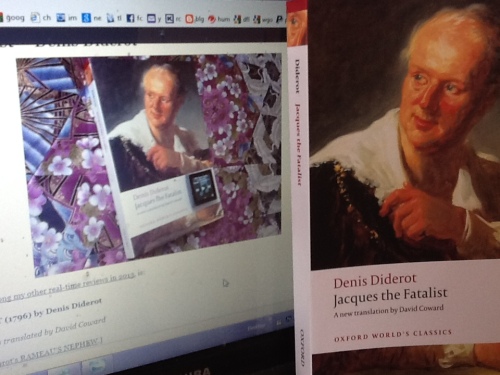
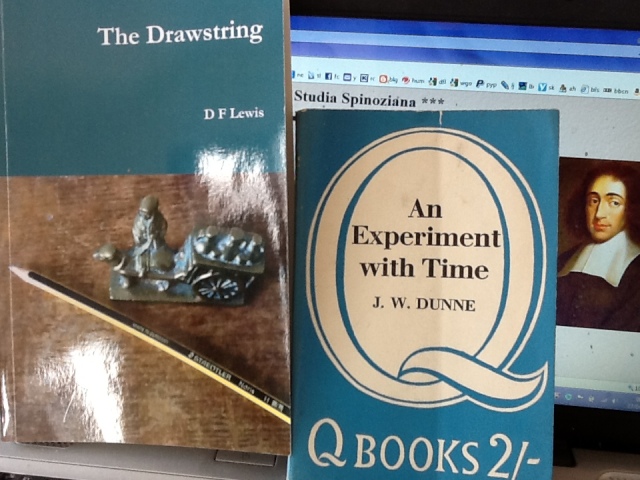
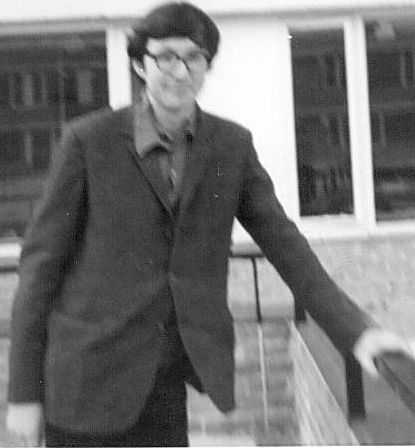
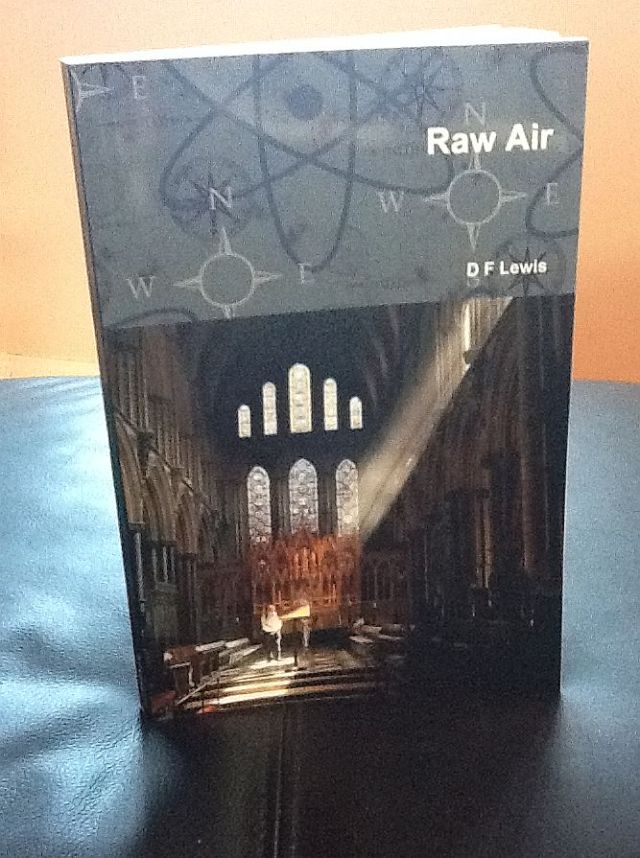
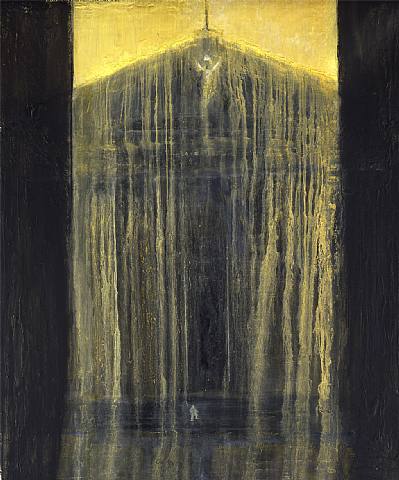
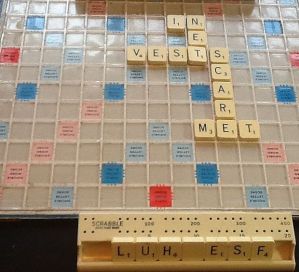
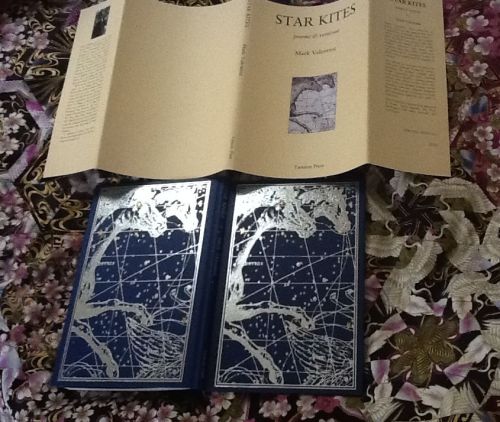
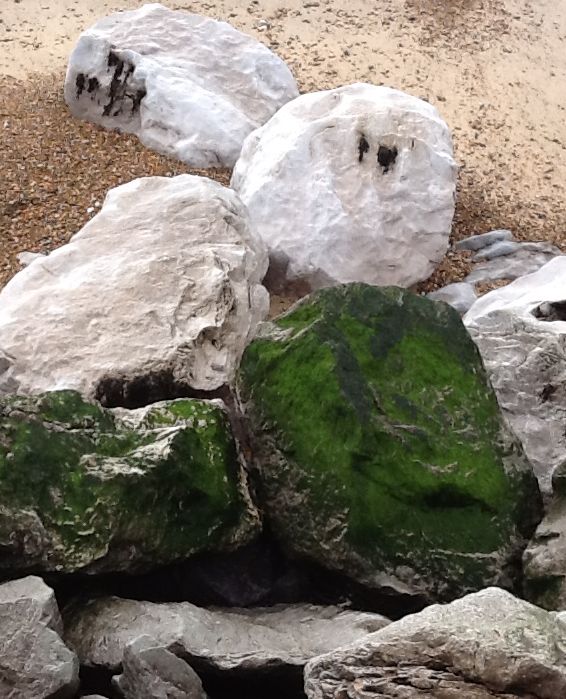
Having completed my month-long real-time review of THE MAGIC MOUNTAIN by Thomas Mann, I am convinced that it must have been an enormous influence, outweighing any other influence, on the fiction of Robert Aickman. This is not only because of the similarity I seem to be the first to observe between The Hospice and The House Berghof, and their residents, and their meals, but also because of many other factors, including tone and beguiling disarming undercurrents and tropes, an absurd-weirdness that borders on nightmare as well as rationality.